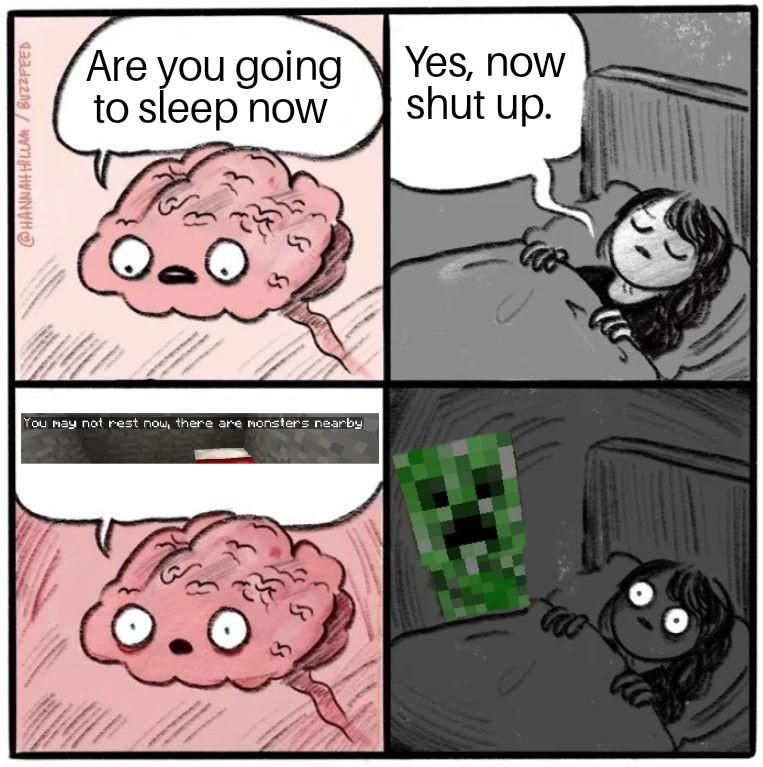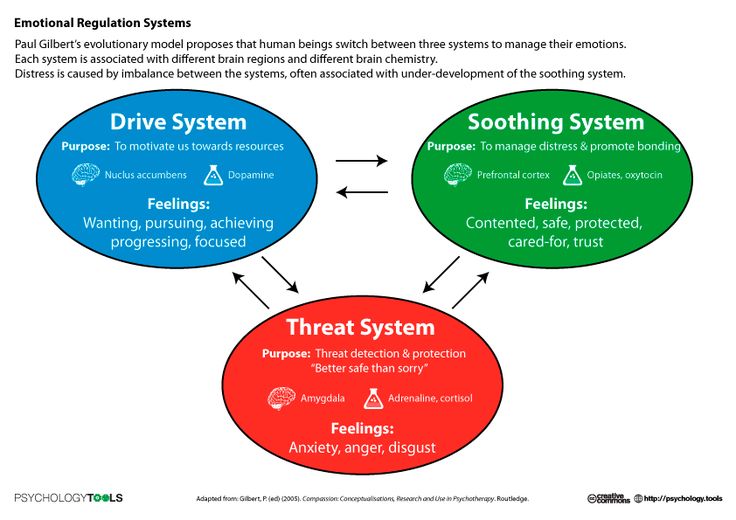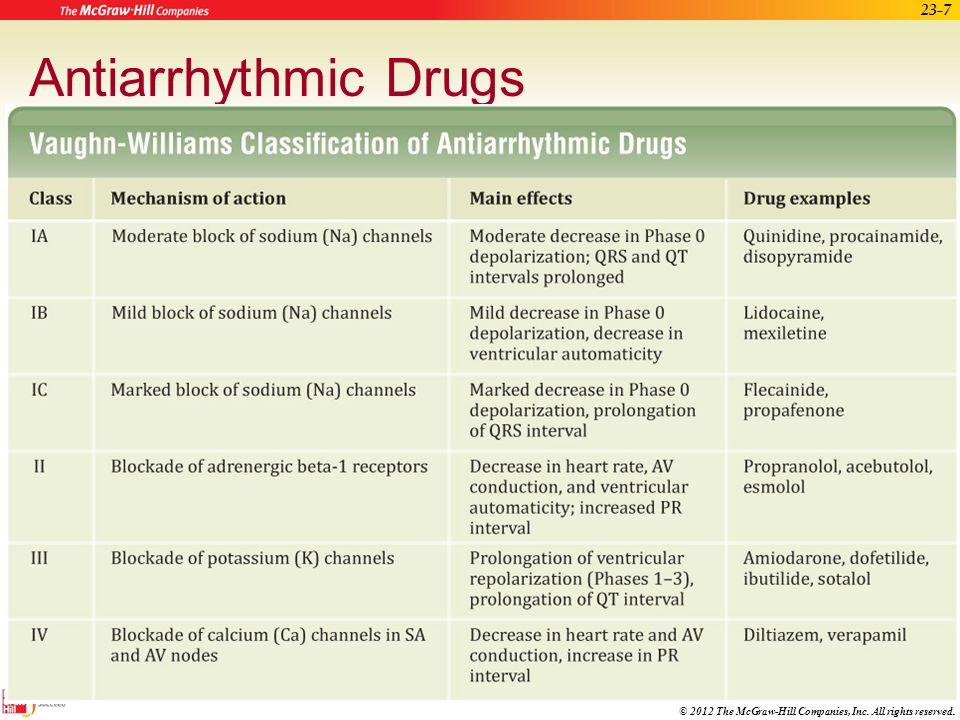Professional psychiatric help
Our Team | Professional Psychiatric Services
The staff at Professional Psychiatric Services have a wide range of educational backgrounds, levels of training, and expertise in order to efficiently meet the diverse needs of our patients.
We have Board certified Psychiatrists (M.D.) and Advanced Practice Registered Nurses (APRN) who can manage medication when beneficial to treatment.
Our therapists have varying educations and licenses and are trained at the professional level to provide psychotherapy services, ranging from Licensed Professional Clinical Counselors (LPCC) and social workers (MSW, LSW) to Psychologists (Psy. D., Ph. D., Ed.D.).
Contact us today to find the right provider match for you!
Medication Management Team
MD, MS, FASAM
Founder of Professional Psychiatric Services, Aziz specializes in general psychiatry with special interest in ADHD, Mood Disorders, Substance Use disorder, and Addictive Behaviors.
APRN
With a background in primary care, Rhoda has a passion for helping those struggling with anxiety and depression.
APRN
Jennifer has worked as a nurse in a variety of settings, from medical-surgical, neurology, telemetry-cardiology, CCU, ICU, and Triage Nurse, providing generalized and behavioral care to patients of all ages.
APRN
Courtney loves working in an environment where she can truly connect with patients and provide individualized, personalized, comprehensive care by building trusting relationships.
APRN
Amanda works with adult & adolescent patients with Depression, Seasonal Affective Disorder (SAD), Childhood Behavioral and Emotional Disorders, and more.
APRN
Rachel believes in providing quality, holistic care to all patients from children, adolescents, to adults.
PMHN-BC
Ginger Hacker
Ginger Hacker is a Board Certified Psychiatric Mental Health Nurse Practitioner with a passion in treating geriatric, adult, and adolescent patients struggling with their mental health and/or substance use disorders.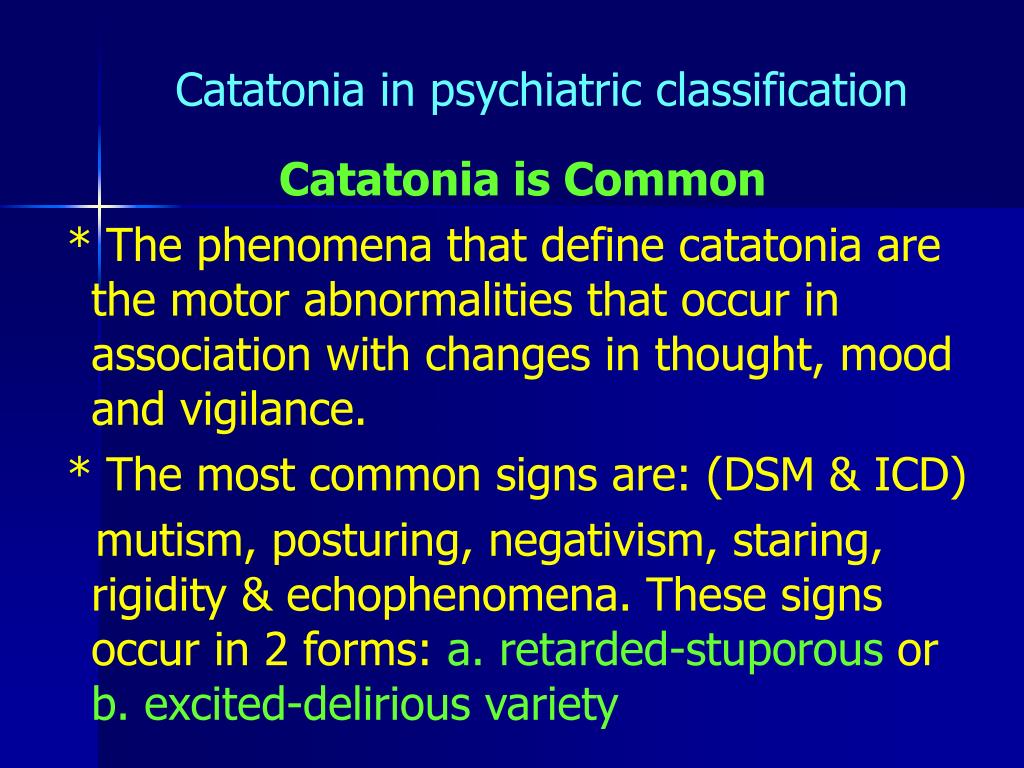
Therapists
LPCC-S & LICDC-CS
In the field for over 15 years, Marie has a passion for working with adolescents and treating trauma, substance use disorders, depression, anxiety, and other severe mental health conditions.
LPC
Trent has extensive experience working with both adolescents and adults. His primary areas of clinical focus are: couples, trauma, addictions/substance misuse, sexuality (sexual addiction), anxiety, depression, grief, and post-divorce counseling.
LSW
Savannah Logan
Savannah specializes in working with children of all ages. Her approach to counseling is to utilize different evidence-based theories to help cope with day-to-day struggles and to enhance social functioning.
LSW
Libby specializes in working with children, youth, adults, and families. Libby has a passion for treating trauma, depression, anxiety, delinquency, substance use, various family dysfunctions, and other severe mental health conditions.
MSW
Lexie's passion is working with adults struggling with eating disorders, depression, anxiety, trauma, and substance use disorders.
Types of Mental Health Professionals
Many types of mental health care professionals can help you achieve your recovery goals. These professionals work in inpatient facilities, such as general hospitals and psychiatric facilities, and outpatient facilities, such as community mental health clinics, schools and private practices.
Health care professional job titles and specialties can vary by state. The descriptions below give an overview of what to look for and what credentials to expect from a mental health professional. Finding the right professional is easier when you understand the different areas of expertise and training.
The NAMI HelpLine can provide information on how to find various mental health professionals and resources in your area. Please note that we are unable to provide specific recommendations to individual providers as we are unable to speak to the quality of their care.
Assessment and Therapy
Therapists can help someone better understand and cope with thoughts, feelings and behaviors. They can also offer guidance and help improve a person’s ability to achieve life goals. These mental health professionals may also help assess and diagnosis mental health conditions.
Psychologists
Psychologists hold a doctoral degree in clinical psychology or another specialty such as counseling or education. They are trained to evaluate a person’s mental health using clinical interviews, psychological evaluations and testing. They can make diagnoses and provide individual and group therapy. Some may have training in specific forms of therapy like cognitive behavioral therapy (CBT), dialectical behavior therapy (DBT) and other behavioral therapy interventions.
Degree requirements: Doctor of Philosophy (Ph.D.) in a field of psychology or Doctor of Psychology (Psy.D.).
Licensure & credentials: Psychologists are licensed by licensure boards in each state.
Counselors, Clinicians, Therapists
These masters-level health care professionals are trained to evaluate a person’s mental health and use therapeutic techniques based on specific training programs. They operate under a variety of job titles—including counselor, clinician, therapist or something else—based on the treatment setting. Working with one of these mental health professionals can lead not only to symptom reduction but to better ways of thinking, feeling and living.
Degree requirements: master’s degree (M.S. or M.A.) in a mental health-related field such as psychology, counseling psychology, marriage or family therapy, among others.
Licensure & Certification: Varies by specialty and state. Examples of licensure include:
- LPC, Licensed Professional Counselor
- LMFT, Licensed Marriage and Family Therapist
- LCADAC, Licensed Clinical Alcohol & Drug Abuse Counselor
Clinical Social Workers
Clinical social workers are trained to evaluate a person’s mental health and use therapeutic techniques based on specific training programs. They are also trained in case management and advocacy services.
They are also trained in case management and advocacy services.
Degree requirements: master’s degree in social work (MSW).
Licensure & credentials: Examples of licensure include:
- LICSW, Licensed Independent Social Workers
- LCSW, Licensed Clinical Social Worker
- ACSW, Academy of Certified Social Worker
Prescribe and Monitor Medication
The following health care professionals can prescribe medication. They may also offer assessments, diagnoses and therapy.
Psychiatrists
Psychiatrists are licensed medical doctors who have completed psychiatric training. They can diagnose mental health conditions, prescribe and monitor medications and provide therapy. Some have completed additional training in child and adolescent mental health, substance use disorders or geriatric psychiatry.
Degree requirements: Doctor of Medicine (MD) or Doctor of Osteopathic Medicine (DO), plus completion of residency training in psychiatry.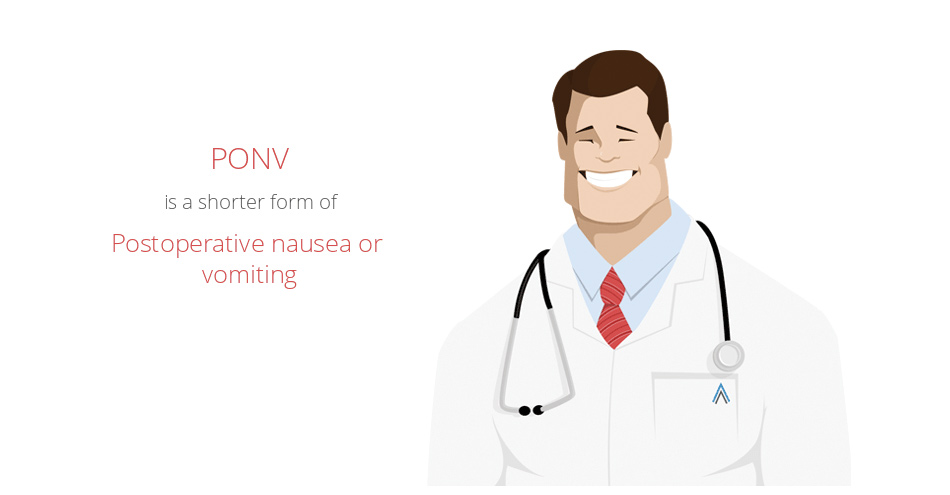
Licensure & credentials: Licensed physician in the state where they are practicing; may also be designated as a Board Certified Psychiatrist by the Board of Neurology and Psychiatry.
Psychiatric or Mental Health Nurse Practitioners
Psychiatric or mental health nurse practitioners can provide assessment, diagnosis and therapy for mental health conditions or substance use disorders. In some states, they are also qualified to prescribe and monitor medications. Requirements also vary by state as to the degree of supervision necessary by a licensed psychiatrist.
Degree requirements: Master of Science (MS) or Doctor of Philosophy (Ph.D.) in nursing with specialized focus on psychiatry.
Licensure & credentials: Licensed nurse in the state where they are practicing. Examples of credentials include, but are not limited to:
- NCLEX, National Council Licensure Examination
- PMHNP-BC, Board Certification in psychiatric nursing through the American Academy of Nurses Credentialing Center
Primary Care Physicians
Primary care physicians and pediatricians can prescribe medication, but you might consider visiting someone who specializes in mental health care. Primary care and mental health professionals should work together to determine an individual’s best treatment plan.
Primary care and mental health professionals should work together to determine an individual’s best treatment plan.
Degree requirements: Doctor of Medicine (M.D.) or Doctor of Osteopathic Medicine (DO).
Licensure & credentials: Licensed physician in the state where they are practicing.
Family Nurse Practitioners
Family nurse practitioners (FNP) can provide general medical services like those of a primary care physician, based on each state’s laws. Like primary care physicians, they can prescribe medication, but you might consider visiting someone who specializes in mental health care. Family nurse practitioners and mental health professionals should work together to determine an individual’s best treatment plan.
Degree requirements: Master of Science (M.S.) or Doctor of Philosophy (Ph.D.) in nursing.
Licensure & credentials: Licensed nurse in the state where they are practicing. Examples of credentials include:
Examples of credentials include:
- NCLEX, National Council Licensure Examination
- FNP-BC, Family Nurse Practitioner Board Certified
Psychiatric Pharmacists
Psychiatrist pharmacists are advanced-practice pharmacists who specialize in mental health care. They can prescribe or recommend appropriate medications if allowed in their state and practice setting. They are skilled at medication management—meaning they evaluate responses and modify treatment, manage medication reactions and drug interactions, and provide education about medications. Many have completed additional training in child/adolescent psychiatry, substance use disorders or geriatric psychiatry.
Degree requirements: Doctor of Pharmacy (PharmD). Completion of residency training in psychiatric pharmacy is not required, but is common.
Licensure & credentials: Licensed pharmacist in the state where they practice; may also be designated a Board Certified Psychiatric Pharmacist by the Board of Pharmacy Specialties.
Other Professionals You May Encounter
Certified Peer Specialists
These specialists have lived experience with a mental health condition or substance use disorder. They are often trained, certified and prepared to assist with recovery by helping a person set goals and develop strengths. They provide support, mentoring and guidance.
Social Workers
Social workers (B.A. or B.S.) provide case management, inpatient discharge planning services, placement services and other services to support healthy living.
Pastoral Counselors
Pastoral counselors are clergy members with training in clinical pastoral education. They are trained to diagnose and provide counseling. Pastoral counselors can have equivalents to a doctorate in counseling.
Updated April 2020
Psychological assistance - Psychologos
Psychological assistance - professional support and assistance provided to a person, family or social group in solving their psychological problems, social adaptation, self-development, self-realization, rehabilitation, overcoming a difficult psychological situation.
Difficult psychological situation - a situation that disrupts the normal life of a person, family or social group, which they cannot overcome on their own. Recipient of psychological assistance - a person who is in a difficult psychological situation, experiencing an unfavorable psychological state and who has turned to a person providing psychological assistance or a specialist psychologist. Regulatory documents: Law of Moscow dated 07.10.2009No. 43 "On psychological assistance to the population in the city of Moscow"
Psychological help can be everyday or professional. When Baba Shura mentally supported an upset neighbor - this is worldly psychological help. Professional psychological assistance is referred to when support and assistance was provided by a specialist psychologist: one who has a higher professional education or who has undergone professional retraining in the field of psychology. Whether this help was always more successful than the help of Baba Shura is another question.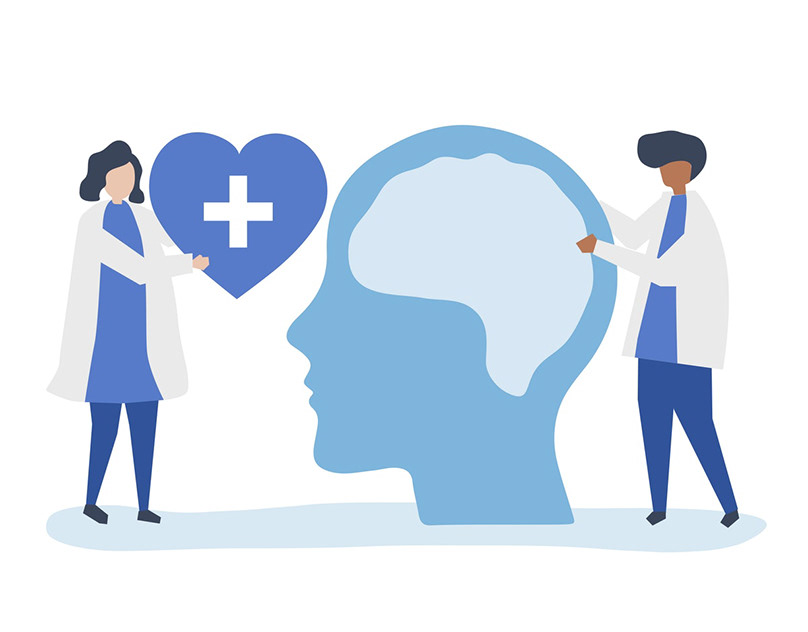 ..
..
It is a mistake to confuse psychological and psychotherapeutic help, calling any psychological help psychotherapy. Psychotherapy is the treatment of mental disorders by psychological means (as opposed to medical, biological or social), and psychological assistance is provided to people, including those without mental disorders, and is not limited to treatment. If a psychologist provided spiritual support to a person in a difficult life situation, helped to better understand the situation and gave competent tips on solving the situation in the mode of psychological consultation, this is psychological assistance that is not psychotherapy and does not require psychotherapy. nine0003
Tsunami in Thailand
Strictly speaking, even psychological help in a difficult life situation is not always required. When more than 300,000 people were killed by the tsunami in Thailand in 2004, Russia, as part of humanitarian aid, sent a group of psychologists and psychotherapists there to help people who had lost their loved ones overnight get out of a spiritual crisis.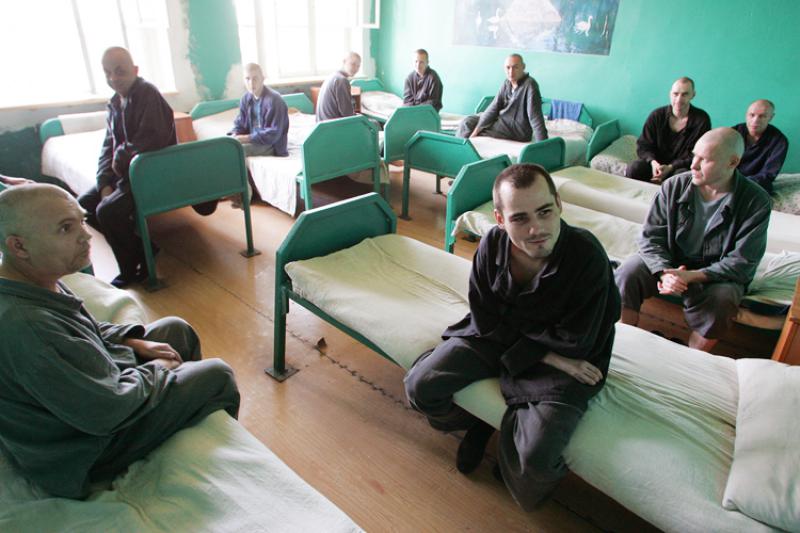 Soon they returned back to the situation of their own spiritual crisis: they were simply not needed there. Situation: a local peasant is sitting on his plot, where now instead of his house there is only dirt and debris. All died. To the psychologist's question: "We understand your grief, you all died. Can we help you with something?" the farmer replies, "Yes, you can. Do you have a tractor? We need to clear the trash." Psychologists are trying to explain that they are talking about other help, spiritual help, but local people do not understand them. In Thailand, the religion is Buddhism, and in Buddhism, death is grief, but the cessation of earthly suffering. For our psychologists and psychotherapists, this turned out to be a culture shock ... nine0003
Soon they returned back to the situation of their own spiritual crisis: they were simply not needed there. Situation: a local peasant is sitting on his plot, where now instead of his house there is only dirt and debris. All died. To the psychologist's question: "We understand your grief, you all died. Can we help you with something?" the farmer replies, "Yes, you can. Do you have a tractor? We need to clear the trash." Psychologists are trying to explain that they are talking about other help, spiritual help, but local people do not understand them. In Thailand, the religion is Buddhism, and in Buddhism, death is grief, but the cessation of earthly suffering. For our psychologists and psychotherapists, this turned out to be a culture shock ... nine0003
Another thing is that, in fact, psychological help is often sought by people who actually need psychotherapy: people with mental disorders who need some kind of treatment, although not necessarily medical. The unexpected and tragic loss of loved ones, especially small children, provokes a rather serious condition in women and age regression, a violation of the adequacy and ability to reason sensibly, crying, complaints, accusations and self-accusations - the whole complex, characteristic of the state and position of the Victim. As long as the person is in this condition, as part of first aid, psychotherapy may be quite appropriate. nine0003
As long as the person is in this condition, as part of first aid, psychotherapy may be quite appropriate. nine0003
What's next? In different ways, depending on the difficulty of the situation, on what a person wants and what a psychologist (psychotherapist) can do. Sometime and further, psychotherapy is needed in the regimen of treatment of one or another duration, sometime training is more in demand so that a person is ready for future difficult situations. Unfortunately, people are more inclined to be treated than to study, and social organs are more willing to meet those who are accustomed to suffering and not accustomed to learning. The more funds are allocated for psychological assistance, the more people are willing to receive it, the more often they have to deal with a situation of learned helplessness. nine0003
Everyday and professional psychological assistance: conceptual field and problems - Counseling psychology and psychotherapy - 2016. Volume 24. No. 1
Annotation
The article examines the phenomena of professional and non-professional ("everyday") assistance, analyzes the main approaches to the study of strategies and forms of assistance associated with empathy, consolation, support.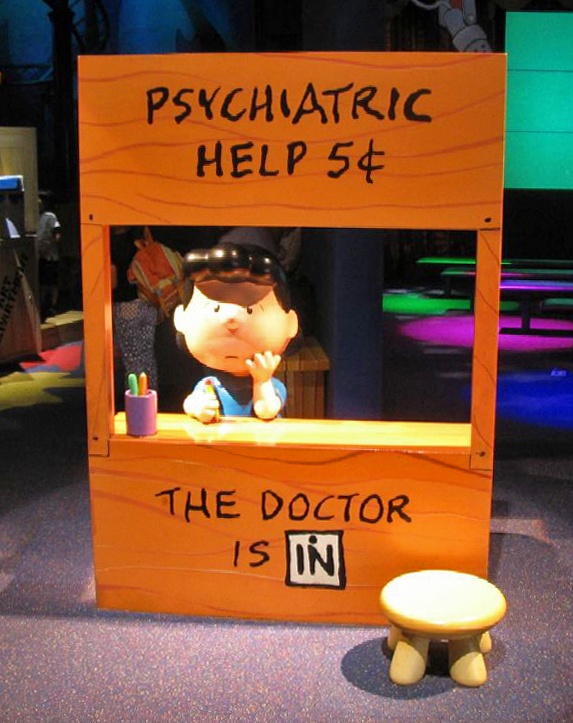 Approaches to the description, analysis and classification of such forms of assistance are proposed. The results of a pilot study of consolation strategies based on the projective technique "Consolation Situations" are presented. nine0003
Approaches to the description, analysis and classification of such forms of assistance are proposed. The results of a pilot study of consolation strategies based on the projective technique "Consolation Situations" are presented. nine0003
Keywords: psychological help, empathy, consolation, emotional support, empathy
Publication heading: Theory and methodology
Material type: scientific article
DOI: https://doi.org/10.17759/cpp.2016240102
For quote: Sheryagina E. V. Everyday and professional psychological assistance: conceptual field and problems // Counseling psychology and psychotherapy. 2016. Volume 24. No. 1. P. 8–23. DOI: 10.17759/cpp.2016240102
V. Everyday and professional psychological assistance: conceptual field and problems // Counseling psychology and psychotherapy. 2016. Volume 24. No. 1. P. 8–23. DOI: 10.17759/cpp.2016240102
Excerpt from article
In a difficult life situation, a person may need professional the help of a psychologist, but from experience it is known that the unprofessional help of a friend, relative, who in time and tactfully supported, consoled, it turns out sometimes no less effective help than a psychotherapist. Turning to a psychotherapist people are also looking for support and participation. Their expectations open up to psychology a wide field for research - the study of the psychological culture of consolation. nine0003
Literature
- Bakhtin M.M. Aesthetics of verbal creativity. Moscow: Art, 1979. 423 With.
- Vasilyuk F.E. Psychology of experience.
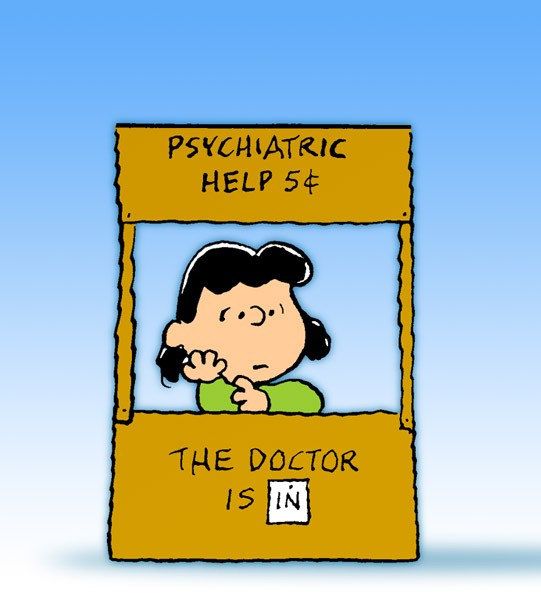 Analysis of overcoming critical situations. Moscow: Moscow University Press, 1984. 191 p.
Analysis of overcoming critical situations. Moscow: Moscow University Press, 1984. 191 p. - Vasilyuk F.E. Semiotics and the technique of empathy // Issues of psychology. 2007. No. 1. C. 3-14.
- Vasilyuk F.E. Prayer and experience in the context of counseling // Moscow psychotherapeutic journal. 2003. No. 3. S. 114-129.
- Granovskaya R.M., Nikolskaya I.M. Psychological protection in children. St. Petersburg: Rech, 2010. 352 p.
- Demidova L.Yu., Sheryagina E.V. Research opportunities and perspectives empathy in persons with anomalies of sexual desire [Electronic resource] // Psycho- logic and law. 2013. No. 3. URL: https://psyjournals.ru/psyandlaw/2013/n3/63784. shtml (date of access: 2.03.2016).
- Donets V.V., Fedunina N.Yu., Sheryagina E.V. Consolation motif Wanderers // Consultative psychology and psychotherapy. 2007. No. 3. C. 104-109.
- Donets V.V., Fedunina N.
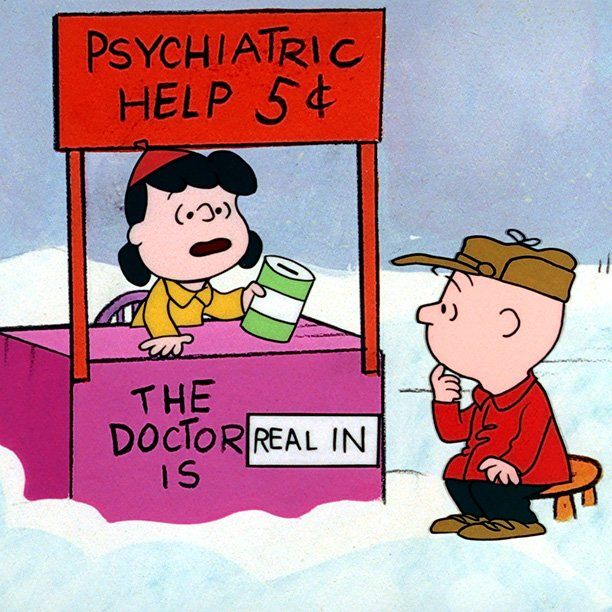 Yu. The Theme of Consolation in Russian Classicism XVIII century // Consultative psychology and psychotherapy. 2008. No. 2. C. 183-186.
Yu. The Theme of Consolation in Russian Classicism XVIII century // Consultative psychology and psychotherapy. 2008. No. 2. C. 183-186. - Karyagina T.D., Ivanova A.V. Empathy as an ability: structure and development during training in psychological counseling // Consultative psychology and psychotherapy. 2013. No. 4. S. 182-207.
- Kwale S. Research interview. 2nd ed. M.: Meaning, 2009. 301s.
- Nartova-Bochaver S.K. "Coping behavior" in the system of concepts of psychology personalities // Psychological journal. 1997. V. 18. No. 5. S. 20-30.
- German N.G. Consolation as a mechanism for changing the structure of self-consciousness personality: abstract of dis. … cand. psychol. Sciences. Yaroslavl, 2007. 25 p.
- Fedunina N.Yu. "Woe" and "consolation" in the Russian language picture of the world // Counseling psychology and psychotherapy. 2008. No. 4. P. 124-137.
- Fedunina N.Yu.
 nine0056 Speech formulas of consolation // Counseling Psychology and psychotherapy. 2009. No. 4. S. 98-123.
nine0056 Speech formulas of consolation // Counseling Psychology and psychotherapy. 2009. No. 4. S. 98-123. - Freud A. Psychology of "I" and defense mechanisms / Per. R. Ginzburg. M.: Pedagogy, 1993. 144 p.
- Khansky A.O. Communicative strategies of verbal comfort: diss. … cand. philol. Sciences. Tver, 2002. 126 p.
- Kholmogorova A.B., Moskovskaya M.S., Sheryagina E.V. Alexithymia and ability to provide various types of social support // Advisory psychology and psychotherapy. 2014. V. 22. No. 4. S. 115-129.
- Kholmogorova A.B., Garanyan N.G., Petrova G.A. Social support as a subject of scientific study and its violations in patients with affective spectrum disorders // Social and Clinical psychiatry. 2003. No. 2. S. 15-23.
- Kholmogorova A.B., Petrova G.A. Methods for diagnosing social support for affective spectrum disorders. Medical technology. M.
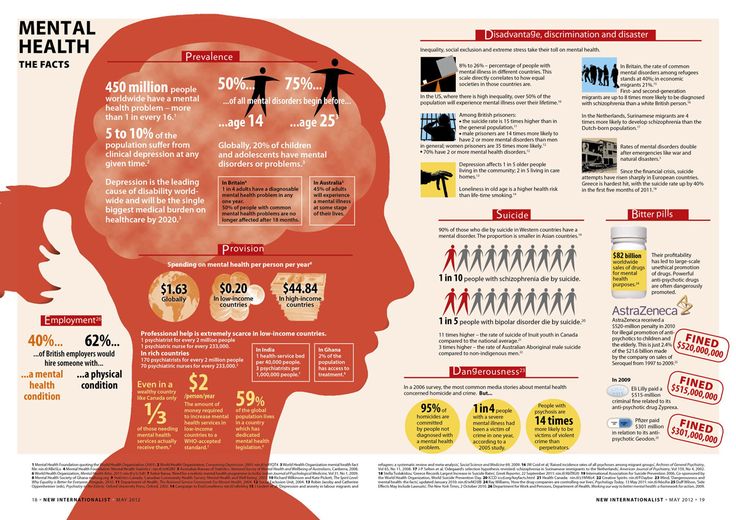 : Moscow Research Institute of Psychiatry of Roszdrav, 2007. 24 p. nine0057
: Moscow Research Institute of Psychiatry of Roszdrav, 2007. 24 p. nine0057 - Sheryagina E.V. Experience and consolation in psychological practice // Materials of the V city scientific-practical conference of young scientists and students of institutions of higher and secondary education of city subordination "Young scientists - Moscow education". M.: MGPPU, 2006. S. 289-290.
- Sheryagina E.V. A projective methodology for investigating comfort strategies // Counseling psychology and psychotherapy. 2013. No. 2. S. 212-224.
- Barbee A.R., Cunningham M.R. An experimental approach to social support: interactive coping in close relationships // Communicative Yearbook. 1995 Vol. 18. R. 381-413.
- Burleson B.R., Liu M., Liu Y. et al . Chinese evaluations of emotional support skills, goals, and behaviors // Communication Research. 2006. Vol. 33(1). P. 38-63.
- Burleson B.R. Explaining recipient responses to supportive messages: development and tests of a Dual-Process theory // New directions in interpersonal communication research / S.
 W. Smith, S.R. Wilson (ed.). Sage Publications, 2009. P. 159-179.
W. Smith, S.R. Wilson (ed.). Sage Publications, 2009. P. 159-179. - Gordon T. Parent effectiveness training: The proven program for raising responsible children. N.Y.: Three Rivers Press., 2000. 365 p.
- Jones S.M. Attachment style differences and similarities in evaluations of affective communication skills and person-centered comforting messages // Western Journal of Communication. 2005 Vol. 69(3). P. 233-249. doi: 10.1080/10570310500202405
- Lazarus R.S. Coping theory and research: past, present and future // psychosomatic medicine. nineteen93 Vol. 55(3). P. 237-247. doi: 10.1097/00006842-199305000-00002
- Sommer G. Fydrich T. Soziale Unterstützung - Konzepte, Diagnostik, F-SOZU. Tübingen: Deutsche Gesellschaft für Verhaltenstherapie, 1989. 60 p.
- T ruax C.B., Carkhuff R.R. Toward effective counseling and psychotherapy: Training and practice. Transaction Publishers, 2007.



